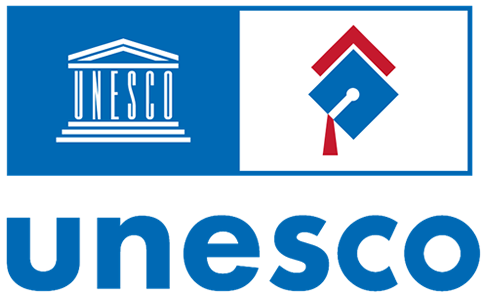Beyond stereotypes: Women’s participation in Tech and STEM careers
Abstract
This paper is a critical essay that takes as its central axis the evolution of the female educational level where there is a significant increase in the presence of women in education, however, when it is broken down by careers or an analysis is made by area of knowledge, certain gender gaps in access to the different careers are observed. Different analysis data were considered for its realization, but it was taken as a case study the Center for Industrial and Technical Education (CETI), as it is a public educational institution that only offers technological or engineering careers. The central argument identifies the problem of a low participation or presence of women in technological or STEM engineering careers, although the data indicate that there is currently a significant increase in women's schooling, which represents a little more than 50% for higher education, when these percentages are disaggregated by race, the percentage of representation in these races does not reach 5%. The methodology used involves a qualitative and statistical descriptive study with a narrative-interpretative approach. Finally, it is concluded that, although there are different proposals to increase the percentages of women in STEM careers, one of the most relevant challenges to reduce these gender gaps is mainly found in the labor market.
Copyright (c) 2024 Edith Rivas Sepúlveda, Patricia Alejandra Lamas Huerta

This work is licensed under a Creative Commons Attribution-NonCommercial 4.0 International License.
Copyright notice
Copyright allows the protection of original material, and curbs the use of others' work without permission. UNESCO IESALC adheres to Creative Commons licenses in the open access publication of ESS. Specifically, texts published in this journal are subject to a Creative Commons Attribution-NonCommercial 4.0 International (CC BY-NC 4.0) license: ESS is an open access journal, which means that all content is freely available to the user or their institution. Users may read, download, copy, distribute, print, search or link to the full text of the articles, or use them for any other lawful purpose, without asking prior permission from the publisher or the author, always making sure to cite the author. Commercial use is not permitted. ESS requires authors to accept the Copyright Notice as part of the submission process. Authors retain all rights.
The full license can be found at https://creativecommons.org/licenses/by-nc/4.0/
 Attribution - NonCommercial (CC BY-NC 4.0)
Attribution - NonCommercial (CC BY-NC 4.0)
This journal does not charge authors for the submission or processing of articles. The authors of the contributions will receive acknowledgment of receipt that the work has reached the Editorial Team of the Journal.




.png)
